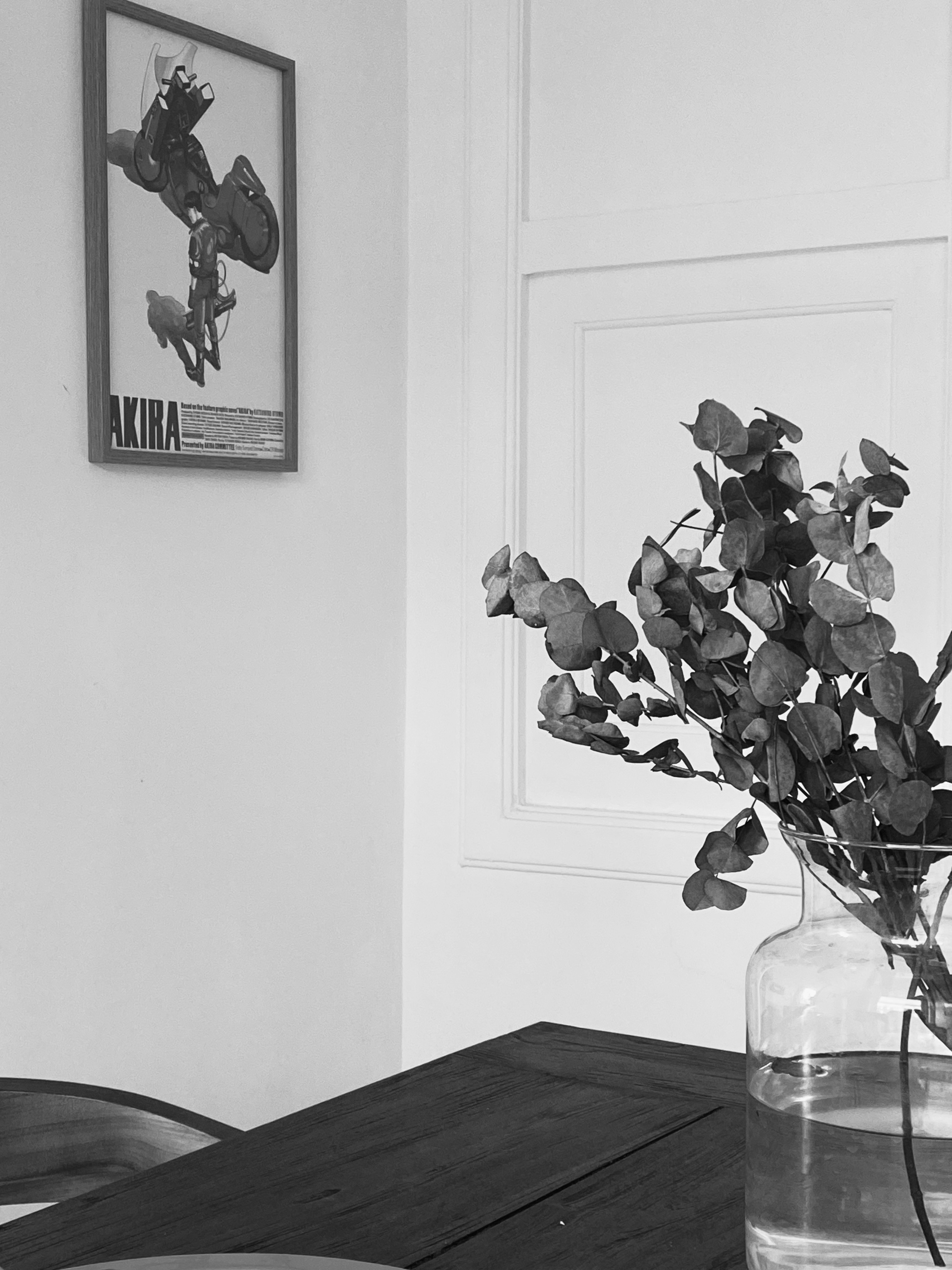
Motherhood is often framed as sacrifice: you lose time, freedom, and sometimes a sense of yourself. But what if it could also be a journey of discovery? Science shows that becoming a mother rewires your brain and transforms your identity in profound ways. With intention, you can use this transition not just to care for your children but to discover your own strength, confidence, and sense of self.
Researchers call this transition matrescence — a profound shift in a woman’s identity after having children. Hormonal changes, social expectations, and new responsibilities collide, reshaping how you see yourself. Some days feel chaotic. One moment you’re negotiating bedtime with a toddler, the next you’re juggling emails and work calls. But identity isn’t lost — it’s evolving.
Intentional motherhood is about approaching this identity shift consciously. Instead of following outdated scripts about what a “good mom” should be, you define your own blueprint. Ask yourself: How do I want motherhood to feel? What values do I want to live by? How do I want to show up for myself and my children?
Science backs this up. Studies in positive psychology show that when your actions align with your core values, life satisfaction and resilience increase. Intention isn’t indulgence; it’s empowerment.
Motherhood is inherently creative. You’re building a human, yes, but also routines, memories, traditions, and a new version of yourself. Reframing motherhood as creation, not depletion, transforms your perspective.
Neuroscience supports this: maternal brains develop stronger connections in areas linked to empathy, planning, and motivation — essentially leadership skills for life at home and beyond. The more you see yourself as creating and leading, the stronger your confidence becomes.
Authenticity is the anchor of this journey. Forget “perfect parenting.” Studies show mothers who act authentically report higher confidence, lower stress, and a stronger sense of identity. Motherhood isn’t about performing for others — it’s about showing up in a way that feels true to you. Homemade snacks or store-bought, quiet time or creative chaos — the power is in your choice.
Motherhood is not subtraction. It is opportunity, discovery, and transformation. Intentional mothers don’t just survive; they thrive. By consciously exploring your values, strengths, and identity, you raise yourself even as you raise your children.
This is the art of intentional motherhood: discovering your own power while shaping the next generation.

Motherhood is often framed as sacrifice: you lose time, freedom, and sometimes a sense of yourself. But what if it could also be a journey of discovery? Science shows that becoming a mother rewires your brain and transforms your identity in profound ways. With intention, you can use this transition not just to care for your children but to discover your own strength, confidence, and sense of self.
Researchers call this transition matrescence — a profound shift in a woman’s identity after having children. Hormonal changes, social expectations, and new responsibilities collide, reshaping how you see yourself. Some days feel chaotic. One moment you’re negotiating bedtime with a toddler, the next you’re juggling emails and work calls. But identity isn’t lost — it’s evolving.
Intentional motherhood is about approaching this identity shift consciously. Instead of following outdated scripts about what a “good mom” should be, you define your own blueprint. Ask yourself: How do I want motherhood to feel? What values do I want to live by? How do I want to show up for myself and my children?
Science backs this up. Studies in positive psychology show that when your actions align with your core values, life satisfaction and resilience increase. Intention isn’t indulgence; it’s empowerment.
Motherhood is inherently creative. You’re building a human, yes, but also routines, memories, traditions, and a new version of yourself. Reframing motherhood as creation, not depletion, transforms your perspective.
Neuroscience supports this: maternal brains develop stronger connections in areas linked to empathy, planning, and motivation — essentially leadership skills for life at home and beyond. The more you see yourself as creating and leading, the stronger your confidence becomes.
Authenticity is the anchor of this journey. Forget “perfect parenting.” Studies show mothers who act authentically report higher confidence, lower stress, and a stronger sense of identity. Motherhood isn’t about performing for others — it’s about showing up in a way that feels true to you. Homemade snacks or store-bought, quiet time or creative chaos — the power is in your choice.
Motherhood is not subtraction. It is opportunity, discovery, and transformation. Intentional mothers don’t just survive; they thrive. By consciously exploring your values, strengths, and identity, you raise yourself even as you raise your children.
This is the art of intentional motherhood: discovering your own power while shaping the next generation.